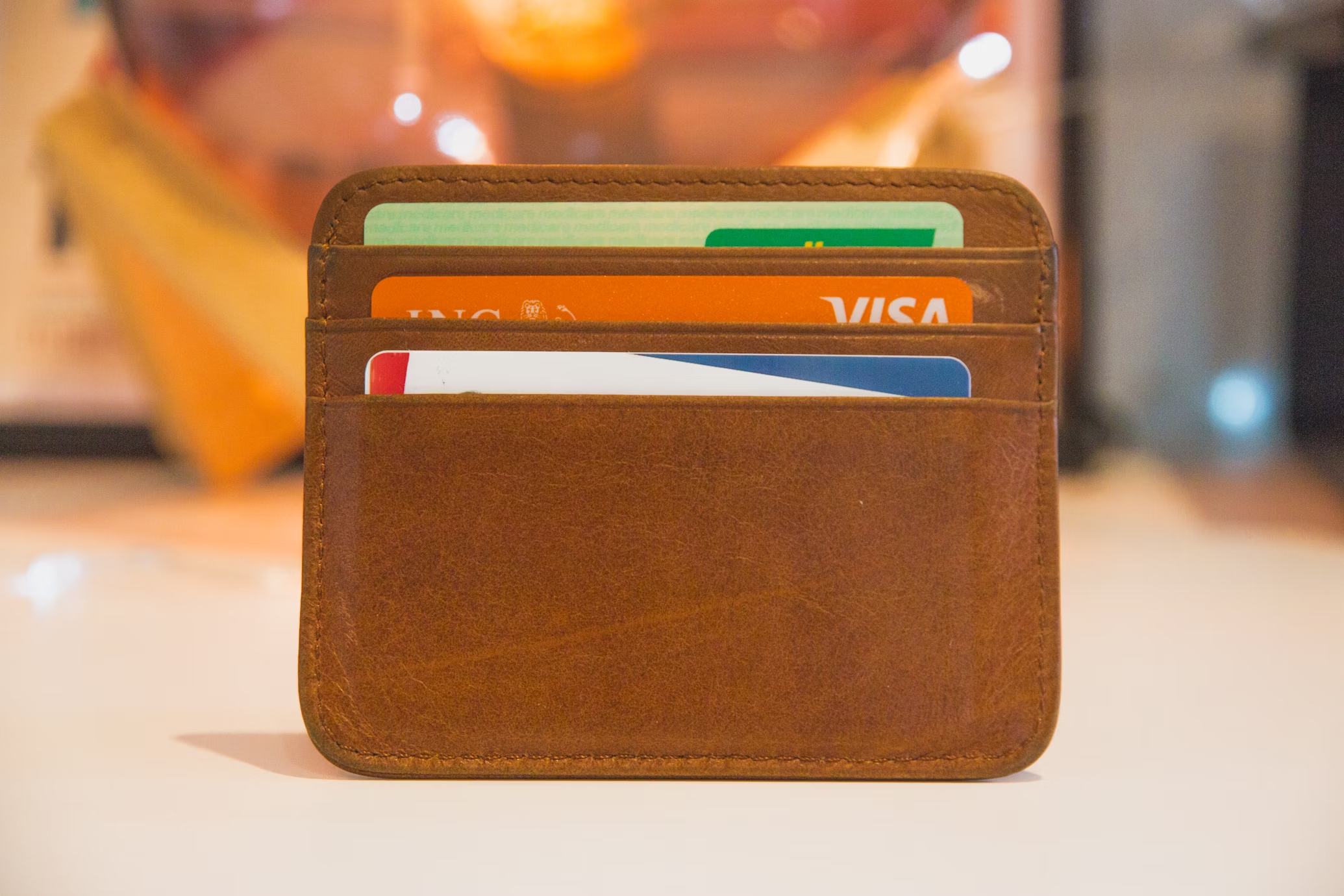Credit card interest rates typically fall between 20% and 25%. If you find yourself with a $5,000 balance, you might end up paying $1,000 to $1,250 in interest each year. It’s easy to underestimate just how quickly these interest payments can pile up.
What makes credit card debt especially risky is the daily compounding of interest. Each day, the interest due gets tacked onto your balance, and you end up paying interest on the previous day’s interest. This creates a snowballing effect, causing your debt to spiral upwards faster than most people anticipate.
When you make a minimum payment, a large portion goes toward paying off interest instead of chipping away at the principal. For instance, on a $3,000 balance with a 24% interest rate, a $90 minimum payment might only reduce the principal by $30, with the remaining $60 swallowed by interest. This can trap you in a cycle where your balance barely budges from month to month.
High-interest debt also takes a toll on your credit score by increasing your credit utilization ratio. This high ratio sends a red flag to credit bureaus, suggesting that you’re leaning too much on credit, which can significantly hurt your score. Many people don’t realize that even if they’re diligent about making all their minimum payments on time, their credit score can still take a hit.
















